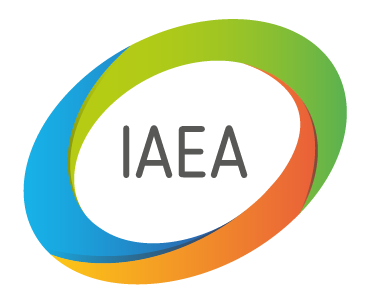Our
Organization

Get to know our organizational structure made up of a Ethics Committee, Executive Committees, a General Council, Working Groups and a Board of Countries
OUR
Ethics Committee
The Ethics Committee is the body in charge of agreeing on disciplinary action within the corporate channel on associates who fail to comply with professional ethics. For this, it has autonomy with respect to the other bodies and may collect from all the necessary background and documents for the development of its function.
Members:
President and Vice President, elected by and from among the majority of Directors.
our
General Advice
The General Council is the regulatory and control body for the actions of the Executive Committees and the Country Boards of the demarcations.
Members:
President of the Association, Vice President of the Association, Presidents of the demarcations, Councilors and Secretary General.
Our
Work Groups
Working Groups are groups formed by one or more members of the Executive Committees with professionals, companies or NGOs to carry out a specific project.
At the end of the project, the Working Group may or may not be terminated, according to the assessment of the corresponding Executive Committee.
Members:
At least one member of the existing Executive Committees, Professionals, Companies or NGOs.
OUR
Management Societies at country level
The Board of Countries is the Territorial Section of the General Council and permanent advisory body of the Executive Committees. It is the executive body of direction and administration within the scope of the respective demarcations of the Association.
Members:
President and Vice President of the representative entities in the country and Secretary General of the Association.
OUR
Technical Committees
Accidents and Natural Disasters
The Executive Committee of Accidents and Natural Disasters acts on the Engineering area related to all types of natural phenomena that cannot be controlled through human action, such as hurricanes, earthquakes, tidal waves, strong storms, among others.
In order to reduce the impact of these natural phenomena on society, this Committee develops methodologies that can be adopted before and after events of this category.
Responsible:
Phd Msc JESÚS MARTÍNEZ
Development Cooperation
The Executive Committee for Development Cooperation acts on all areas of Engineering, which includes the transfer of scientific and technological knowledge to less developed areas or countries. This Committee also develops and executes R & D & i projects in conjunction with major universities in the world.
Responsible:
PhD Msc Engineer ALBERTO CAMARERO
Water management
The Executive Committee for Water Management acts on the Engineering area that assists and intervenes in all phases of the water cycles of a certain area or country.
This Committee studies the existing systems models and the most suitable ones to make viable the reach of the natural resource to more remote areas.
Job security
The Executive Committee on Occupational Safety acts on the Engineering area aimed at Safety in the workplace and in jobs.
This Committee encourages good personal protection practices through the correct use of equipment and training courses on the prevention of occupational risks, according to the regulations established by each country.
Safety and Risks
The Executive Committee for Safety and Risks acts on the Engineering area that studies Risk Prevention in all areas and sectors.
In the same way, this Committee develops studies and projects related to Safety that are adapted to all corporate areas, such as analysis of professional skills and analysis of sector complexity.
Responsible:
PhD Msc Engineer FERNANDO RODRÍGUEZ LÓPE
Sustainability
The Executive Sustainability Committee acts on the Engineering area that studies and applies sustainability criteria in all areas and sectors.
This Committee is also responsible for the evaluation of competencies for the issuance of the Association’s Sustainability Seal.
Responsible:
PhD Msc Engineer LUIS BRAGANÇA
University of Minho
